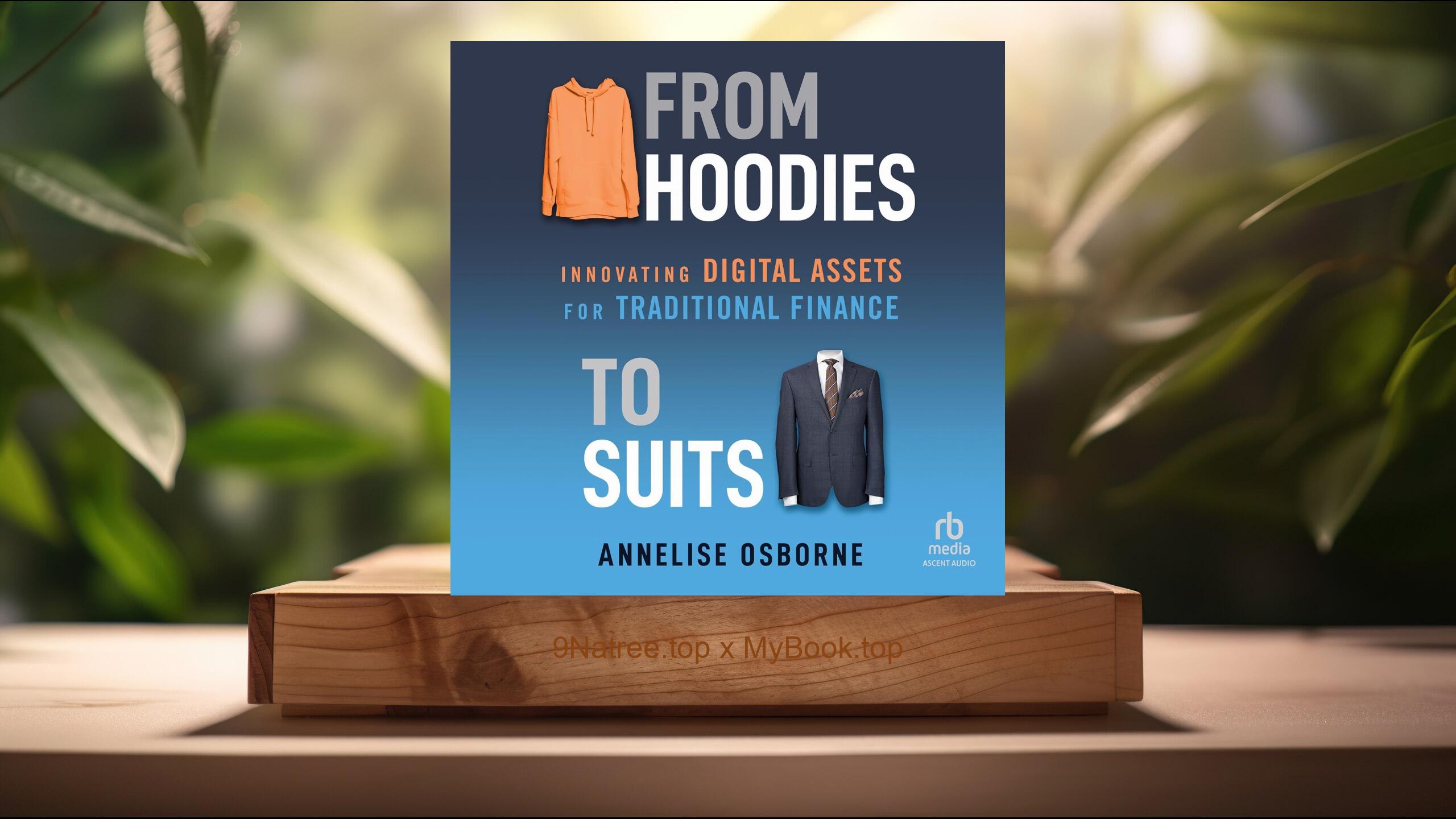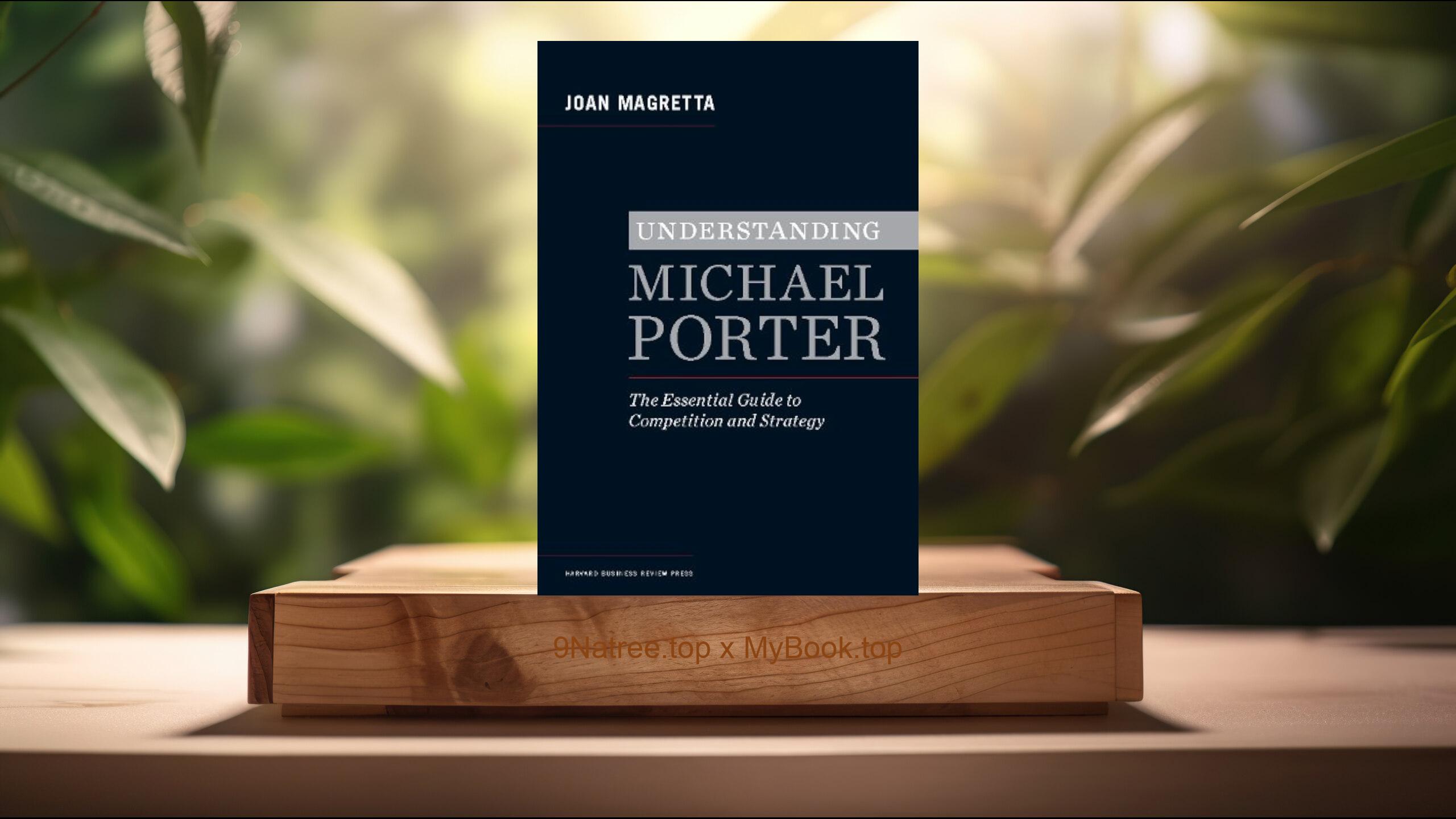Show Notes
Buy on Amazon: https://www.amazon.com/dp/B0BJ41DX1T?tag=9natree-20
Read more: https://mybook.top/read/B0BJ41DX1T/
#CulturalInfluence #ConsumerBehavior #DigitalCulture #StrategicMarketing #CulturalTension #BrandIdentity #RepresentationinMedia #InnovationthroughCulture
These are takeaways from this book.
Firstly, The Definition of Culture and Its Influence, Marcus Collins starts by demystifying the concept of culture, positioning it as an invisible yet pervasive fabric that shapes societal norms, behaviors, and preferences. Culture encompasses the shared values, beliefs, and rituals that bind communities together, creating a collective identity. It's through these cultural lenses that people interpret the world around them, influencing everything from consumer behavior to political affiliations. Collins emphasizes that understanding culture's deep-rooted influence is crucial for businesses and individuals alike, as it dictates market trends, brand perception, and the effectiveness of communication strategies. By recognizing the cultural forces at play, marketers and creators can craft messages that resonate on a personal and community level, fostering deeper engagement and loyalty.
Secondly, Cultural Tension and Its Role in Innovation, An intriguing point Collins addresses is the role of cultural tension in sparking innovation and change. Cultural tension arises when there are discrepancies between what culture dictates and the evolving beliefs or behaviors of its members. This tension can serve as a catalyst for creativity and new ideas, pushing industries forward as they strive to resolve these conflicts. For example, the rise of eco-conscious consumerism highlighted a cultural tension between traditional consumption patterns and growing environmental concerns, leading to the surge of sustainable brands and green technologies. Collins argues that businesses and creators that can identify and address these cultural tensions not only position themselves as leaders but also drive progress by offering solutions that align with emerging cultural shifts. Understanding and leveraging cultural tension thus becomes a potent tool for innovation and relevance in a rapidly changing world.
Thirdly, Identity and Representation in Culture, Collins delves into the concepts of identity and representation, underscoring their significance in cultural dynamics and consumer behavior. In a world increasingly aware of diversity and inclusion, identity and representation become paramount in shaping preferences and loyalty. The book discusses how individuals seek products, brands, and experiences that reflect their identities and values, and how the lack of representation can lead to disengagement. Drawing on examples from advertising campaigns and brand strategies, Collins illustrates the power of inclusive representation in connecting with diverse audiences. By authentically representing varied cultures and identities, brands can foster a sense of belonging and trust among consumers, ultimately influencing purchasing decisions, brand loyalty, and advocacy. This section reinforces the importance of understanding and celebrating cultural diversity in creating meaningful, impactful brands and products.
Fourthly, The Influence of Digital Culture, In today's hyper-connected world, digital culture plays a pivotal role in shaping consumer trends and behaviors. Marcus Collins explores the impact of social media, online communities, and digital platforms in creating and disseminating culture. The book highlights how digital culture accelerates the spread of trends, ideas, and movements, breaking traditional geographical and social barriers. Digital platforms have become the new battleground for cultural influence, where memes become movements, and hashtags turn into rallying cries. Collins discusses the strategies that brands and individuals can employ to navigate this digital landscape effectively. From leveraging influencers and creating shareable content to fostering online communities, understanding the nuances of digital culture is crucial for engaging with modern audiences and amplifying messages on a global scale.
Lastly, Harnessing Cultural Insights for Strategic Advantage, One of the most actionable aspects of Collins' book is the emphasis on harnessing cultural insights for strategic advantage. The author provides a roadmap for identifying cultural undercurrents, understanding their implications, and leveraging this knowledge to build compelling brand narratives and offerings. Collins stresses the importance of cultural empathy and the ability to view the world from the perspective of different cultural segments. By embedding cultural intelligence into strategic planning, businesses and creators can craft offers that not only meet the functional needs of their audience but also resonate with their cultural identities and aspirations. This section of the book is rich with practical advice on conducting cultural analysis, translating insights into strategy, and measuring the impact of culturally-informed initiatives. It highlights how cultural savvy can transform marketing efforts, product development, and overall brand positioning in a crowded marketplace.
In conclusion, Marcus Collins’ 'For the Culture: The Power Behind What We Buy, What We Do, and Who We Want to Be' is a must-read for marketers, entrepreneurs, social scientists, and anyone interested in understanding the complex dynamics of culture and its impact on our lives. By providing deep insights into the forces of culture that shape consumer behavior and societal changes, the book serves as a powerful tool for navigating the modern marketplace. Readers will come away with a greater understanding of how cultural nuances influence decisions and how leveraging these insights can lead to more meaningful, impactful, and successful products and campaigns. Beyond its practical business insights, this book encourages a broader appreciation for the rich tapestry of global cultures and the ways in which we can harness cultural forces for positive change and innovation. For anyone looking to deepen their understanding of cultural dynamics in a rapidly evolving world, 'For the Culture' offers invaluable perspectives.
![[Review] For the Culture: The Power Behind What We Buy, What We Do, and Who We Want to Be (Marcus Collins) Summarized](https://episodes.castos.com/660078c6833215-59505987/images/1700982/c1a-085k3-04mmk3jdbz3r-bbcqyh.jpg)




